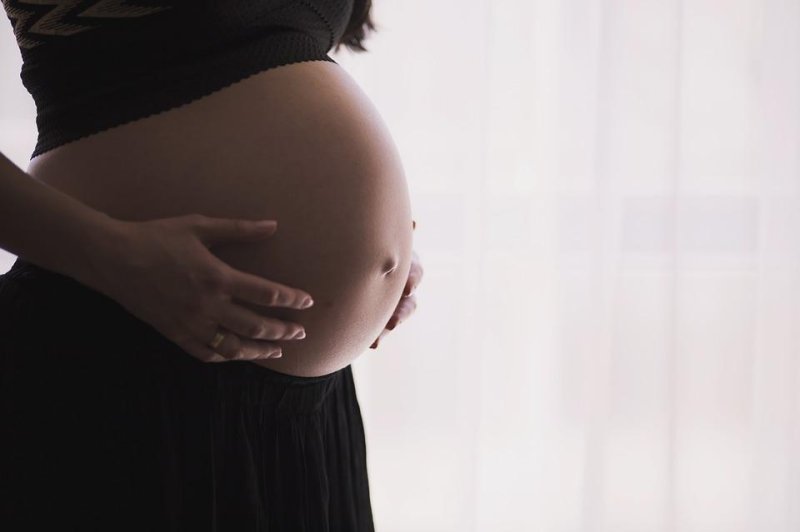Feb. 21 (UPI) -- Researchers in Denmark have found that children born to mothers who took anti-epilepsy medication during pregnancy were not adversely affected.
The study found that children whose mothers had taken anti-epilepsy medicine during pregnancy did not visit the doctor more often than children who were not exposed to the medicine.















